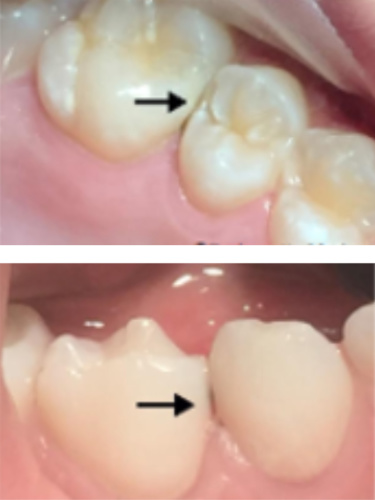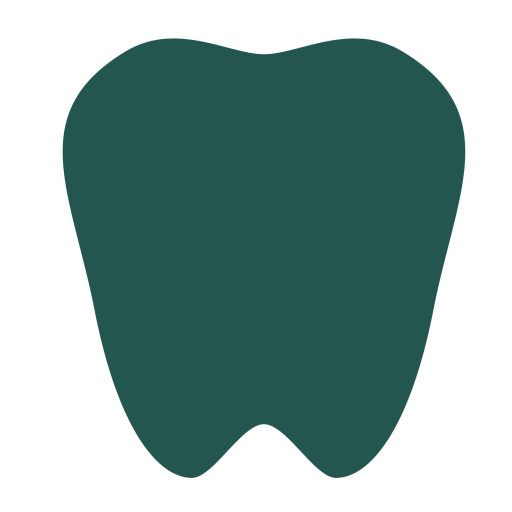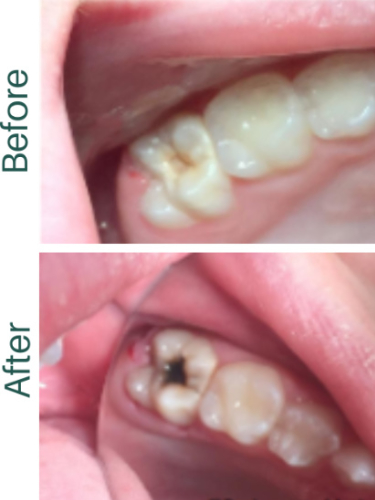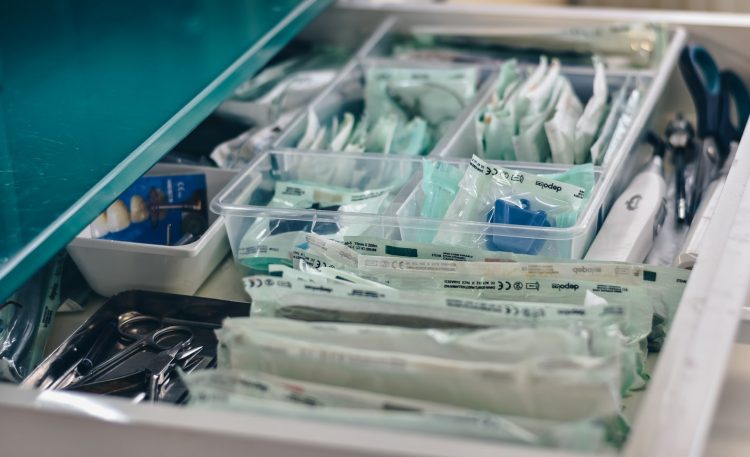
Silver fluoride and Tooth Dental
Silver fluoride is a type of chemical compound that contains both silver and fluoride ions. It is represented by the chemical formula AgF and appears as a white crystalline solid that is easily soluble in water.
The dental industry primarily uses silver fluoride as a preventive agent against cavities. The compound is applied as a topical solution or gel to the surface of the tooth, where it reacts with the hydroxyapatite in the tooth enamel to form a protective layer of silver phosphate. This layer is highly resistant to acid attacks by bacteria present in the mouth, thus preventing the formation of cavities.
It is important to note that silver fluoride can be toxic if ingested in large amounts or inhaled as a dust. Thus, proper safety measures must be taken when handling the compound.
Aside from its primary use in cavity prevention, silver fluoride also offers other benefits such as strengthening the structure of the tooth enamel by forming a layer of silver phosphate. This can help to prevent the development of new cavities and alleviate tooth sensitivity. Additionally, silver fluoride can promote remineralization, a process where minerals such as calcium and phosphate are incorporated into the tooth structure, thus restoring its strength and integrity. The compound also has antimicrobial properties that help to prevent the growth of bacteria and other microorganisms in the mouth, reducing the risk of tooth decay and gum disease.
It is crucial to emphasize that the use of silver fluoride should be supervised by a dental professional. Additionally, appropriate safety precautions must be observed when handling the compound to avoid potential risks.
Pros





Cons




Silver Fluoride
treated molar

Silver Fluoride treated interproximal lesion


